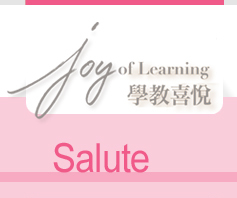Dr Chung Chi-yung, Vice-President and Principal, and Dr Henry Hu Hung-lick, President of Hong Kong Shue Yan University, were both born in 1920 in China. Dr Chung was the first female judge in modern China while Dr Hu commenced his career as a diplomat. Soon after their marriage, the unstable situation in China prompted the couple to choose to study abroad. Moving to France, they both gained a doctoral degree in Law there. Dr Hu attained further qualifications, becoming a barrister in the UK, before the couple returned to the region in 1955 and settled in Hong Kong.
Until the late 1960s, Dr Chung devoted herself to higher education, working with United College and Chung Chi College of the Chinese University of Hong Kong, Chu Hai College as well as Baptist College.
In addition to his law practice, Dr Hu also served as a Legislative Councillor. Elected as a member of the Urban Council and subsequently becoming its Vice Chairman in the 1970s, Dr Hu emerged as one of the few local Chinese to be involved in Hong Kong’s political scene at that time. Dr Hu advocated a fairer system in the territory, and was notable for his contribution in promoting Chinese as one of the city’s official languages.
|


